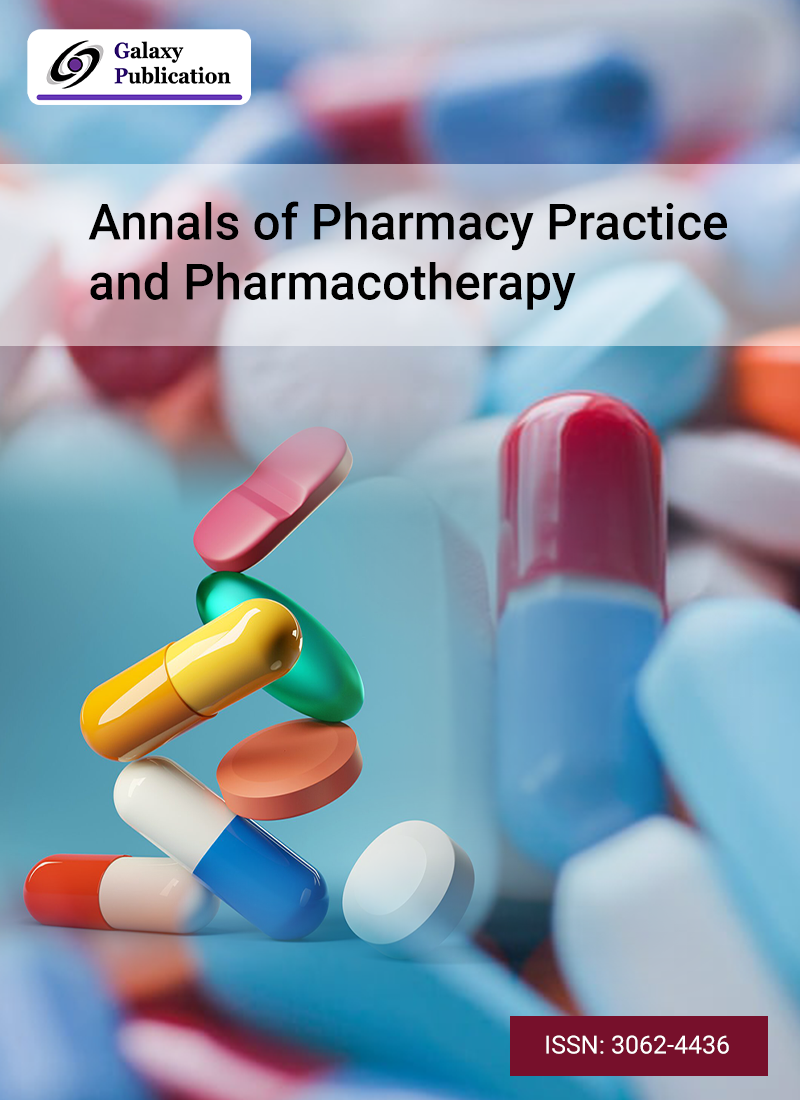
One of the most common endocrine diseases in the general population is diabetes mellitus (DM). It is a major metabolic disease that leads to significant morbidity and mortality with micro- and macro-vascular consequences, making it one of the major public health concerns in a developing country. Chronic diabetes is not properly managed and often leads to cardiovascular problems and nephropathy. To a higher degree, research suggests that type 2 diabetes patients are a chronic inflammatory disease associated with the immune system. Therefore, the present study aimed to evaluate the CD31 marker to investigate immunological alterations. The subjects were divided into two groups: type 2 diabetes patients (diabetic group) and healthy individuals (control group). Based on our findings, CD31 of the diabetic group was significantly higher than that of the control group. In addition, the WBC and lymphocyte counts of the diabetic group were significantly higher than those of the control group. In conclusion, CD31 analysis showed a significant increase in the HbA1c of diabetic patients compared to the control group.